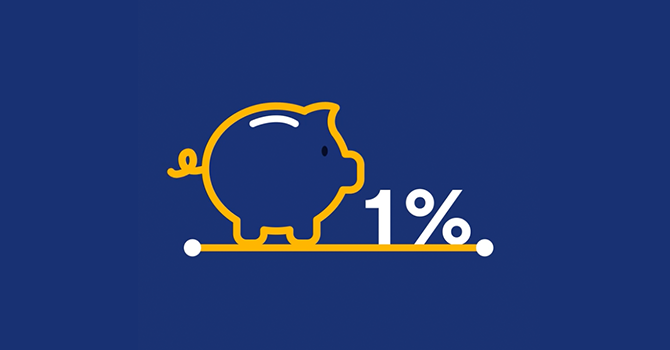Who Qualifies for Student Loan Refinancing?
Refinancing your student loans could help you pay off your debt sooner and potentially save you money with a lower interest rate or shorter loan term.

Student Loan Refinance Requirements
By refinancing your student loans, you may expedite debt repayment and enjoy potential savings through reduced interest rates or a shorter loan term.
Learn whether you meet student loan refinancing requirements and how to secure a repayment plan that fits your needs. This way, you can focus on your career and manage student loans with confidence.
Refinancing your student loans could help you pay off your debt sooner and potentially save you money with a lower interest rate or shorter loan term.
You could refinance federal and private student loans—even if you’ve consolidated or refinanced before—but each lender has different rates and criteria for eligibility. Find out if you meet the student loan refinance requirements.
Credit score
A strong credit score is a big plus. Typically, the higher your score, the lower the new rate. If you’re struggling with credit, look for ways to improve your score, or consider adding a co-signer that has excellent credit.
Occupation, income, debt-to-income ratio (DTI), and degrees
Showing that you have a stable income, a low debt-to-income ratio, and a good debt repayment history should also help you qualify.
In most cases, you’ll also need to have graduated or be close to graduating from an accredited Title IV US school.
Be aware that if you refinance federal student loans, you’ll lose access to the federal repayment and loan forgiveness programs they offer, so be sure to review these benefits at studentloans.gov before you decide.
Learn more about refinance qualifications
Strategic student loan refinancing can pave the way to accelerated payoff, cost savings, and a personalized repayment path for your professional journey.
To learn more about the benefits of student loan refinancing, visit laurelroad.com.
Don’t miss the latest financial resources.
This site is protected by reCAPTCHA and the Google Privacy Policy and Terms of Service apply.
Get tailored Laurel Road resources delivered to your inbox.
Search Results


